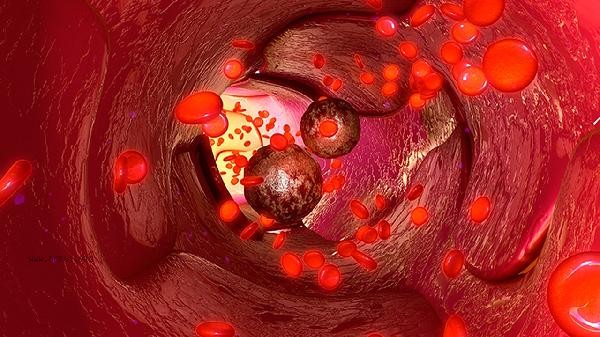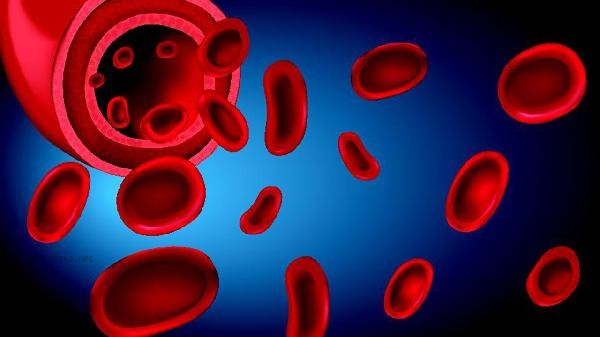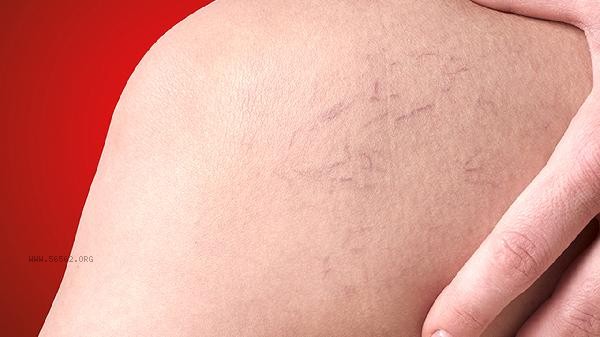The increase in pulmonary capillary permeability may be caused by infectious factors, inflammatory reactions, hypoxic injury, drug toxicity, and underlying diseases.
1. Infectious factors:

Bacterial or viral infections can directly damage pulmonary capillary endothelial cells, such as pathogens like Streptococcus pneumoniae and influenza virus releasing toxins, disrupting the tight junctions of endothelial cells. Clinical manifestations include cough, fever, and decreased blood oxygen saturation, which require anti infective treatment to control the primary disease.
2. Inflammatory response:
Systemic inflammatory response syndrome or local inflammation can release inflammatory mediators such as histamine and leukotrienes, leading to the enlargement of the endothelial space. Commonly seen in diseases such as acute respiratory distress syndrome and sepsis, glucocorticoids need to be used to suppress excessive inflammation.
3. Hypoxia injury:

Long term hypoxia leads to overexpression of vascular endothelial growth factor and increases vascular wall porosity. High altitude pulmonary edema and acute exacerbation of chronic obstructive pulmonary disease are prone to occur and require oxygen therapy to improve tissue oxygen supply.
4. Drug toxicity:
chemotherapy drugs such as bleomycin and immunosuppressant cyclophosphamide may directly damage endothelial cells. The clinical manifestation is sudden respiratory distress after medication, requiring immediate cessation of medication and lung protection treatment.
5. Basic diseases:
Autoimmune diseases such as systemic lupus erythematosus will produce anti endothelial cell antibodies, and diabetes microvascular disease will also reduce vascular stability. Control the progression of the primary disease and perform plasma exchange therapy if necessary.

Avoid smoking and exposure to secondhand smoke in daily life to reduce respiratory irritation; Maintain indoor air circulation and control environmental allergens; Moderate aerobic exercise such as swimming and brisk walking can enhance lung function; Pay attention to supplementing antioxidant nutrients such as vitamin C and E in diet, and limit intake of high salt foods; Regularly monitor blood oxygen and lung function indicators, and patients with underlying diseases should strictly follow medical advice for medication. In case of unexplained shortness of breath and pink foam sputum, seek medical advice immediately.









Comments (0)
Leave a Comment
No comments yet
Be the first to share your thoughts!